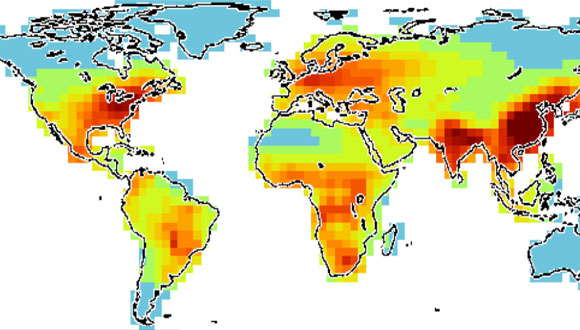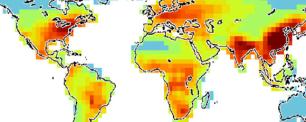SEMINARI CREAF: Chronic Atmospheric N Deposition in Mediterranean Ecosystems: An Unnatural Ecological State of Affairs
Human alteration of the N cycle has increased dramatically in recent years. Increased N availability is having unwanted consequences in some terrestrial and freshwater ecosystems.

El Dr. Mark Fenn visitarà les nostres parcel.les dins del marc del projecte Eden (Efectes Deposicio Nitrogen en boscos mediterranis) i donarà aquest seminari al CREAF.
RESUM:
Human alteration of the N cycle has increased dramatically in recent years. Increased N availability is having unwanted consequences in some terrestrial and freshwater ecosystems. While most forests in temperate and Mediterranean regions remain N limited, recent studies have identified areas that exhibit symptoms of N excess. Case studies in California forests and shrubland vegetation will be presented and analogies to the Mediterranean basin will be discussed.
AUTOR:
Mark Fenn
Plant Pathologist, USDA, Forest Service
Pacific Southwest Research Station
Sobre ell...
Mark Fenn primary research interests are evaluating the long term effects of atmospheric nitrogen (N) deposition on sensitive biotic communities, forest health (including pests and pathogens), soil chemistry and biology, nutrient cycling processes, and water quality. He is interested in multiple stress and multiple pollutant interactions as they impinge on orest sustainability, and water quality and quantity of chronic N deposition.
Lloc:
Aula C5B/027
Dia i hora:
dimecres 16 de maig de les 12h.





